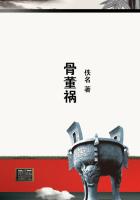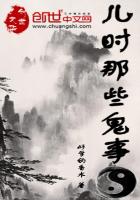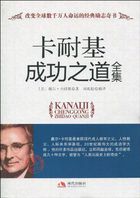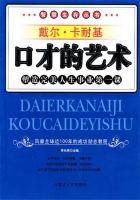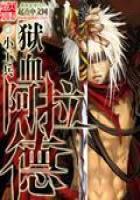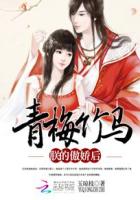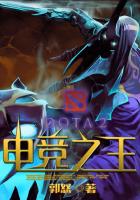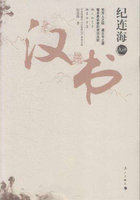large sums of money were thus yearly transported from Germany to Rome, and the increased pressure fanned not only the hatred towards the clergy, but it also aroused national feelings, particularly among the nobility, the then most national class.
In the cities, the growth of commerce and handicraft produced three distinct groups out of the original citizenry of medieval times.
The city population was headed by the patrician families, the so-called "honourables." Those were the richest families.They alone sat in the council, and held an the city offices.They not only administered all the revenues of the city, but they also consumed them.Strong in their riches and their ancient aristocratic status, recognised by emperor and empire, they exploited in every possible way the city community as well as the peasants belonging to the city.They practised usury in grain and money; they secured for themselves monopolies of various kinds; they gradually deprived the community of every right to use the city forests and meadows, and used them directly for their own private benefit.They imposed road, bridge and gate payments and other duties; they sold trade and guild privileges, master and citizen rights; and they traded with justice.The peasants of the city area were treated by them with no more consideration than by the nobility and the clergy.On the contrary, the city magistrates and bailiffs, mostly patricians, brought into the villages, together with aristocratic rigidity and avarice, a certain bureaucratic punctuality in collecting duties.The city revenues thus collected were administered in a most optional fashion; city bookkeeping was as neglectful and confused as possible; defraudation and treasury deficits were the order of the day.How easy it was for a comparatively small caste, surrounded by privileges, and held together by family ties and community of interests, to enrich itself enormously out of the city revenues, will be understood when one considers the numerous frauds and swindles which 1848 witnessed in many city administrations.
The patricians took care to make dormant the rights of the city community everywhere, particularly as regards finance.Later, when the extortions of these gentlemen became too severe, the communities started a movement to bring at least the city administration under their control.
In most cities they actually regained their rights, but due, on the one hand, to the eternal squabbles between the guilds and, on the other, to the tenacity of the patricians and their protection by the empire and the governments of the allied cities, the patrician council members soon restored by shrewdness or force their dominance in the councils.At the beginning of the Sixteenth Century, the communities of all the cities were again in the opposition.
The city opposition against the patricians was divided into two factions which stood out very clearly in the course of the peasant war.
The middle-class opposition, the predecessor of our modern liberals, embraced the richer middle-class, the middle-class of moderate means, and a more or less appreciable section of the poorer elements, according to local conditions.This opposition demanded control over the city administration and participation in the legislative power either through a general assemblage of the community or through representatives (big council, city committee).
Further, it demanded modification of the patrician policy of favouring a few families which were gaining an exceptional position inside the patrician group.Aside from this, the middle-class opposition demanded the filling of some council offices by citizens of their own group.This party, joined here and there by dissatisfied elements of impoverished patricians, had a large majority in all the ordinary general assemblies of the community and in the guilds.The adherents of the council and the more radical opposition formed together only a minority among the real citizens.
We shall see how, in the course of the Sixteenth Century, this moderate, "law-abiding," well-off and intelligent opposition played exactly the same role and exactly with the same success as its heir, the constitutional party in the movements of 1848 and 1849.The middle-class opposition had still another object of heated protest: the clergy, whose loose way of living and luxurious habits aroused its bitter scorn.The middle-class opposition demanded measures against the scandalous behaviour of those illustrious people.It demanded that the inner jurisdiction of the clergy and its right to levy taxes should be abolished, and that the number of the monks should be limited.

